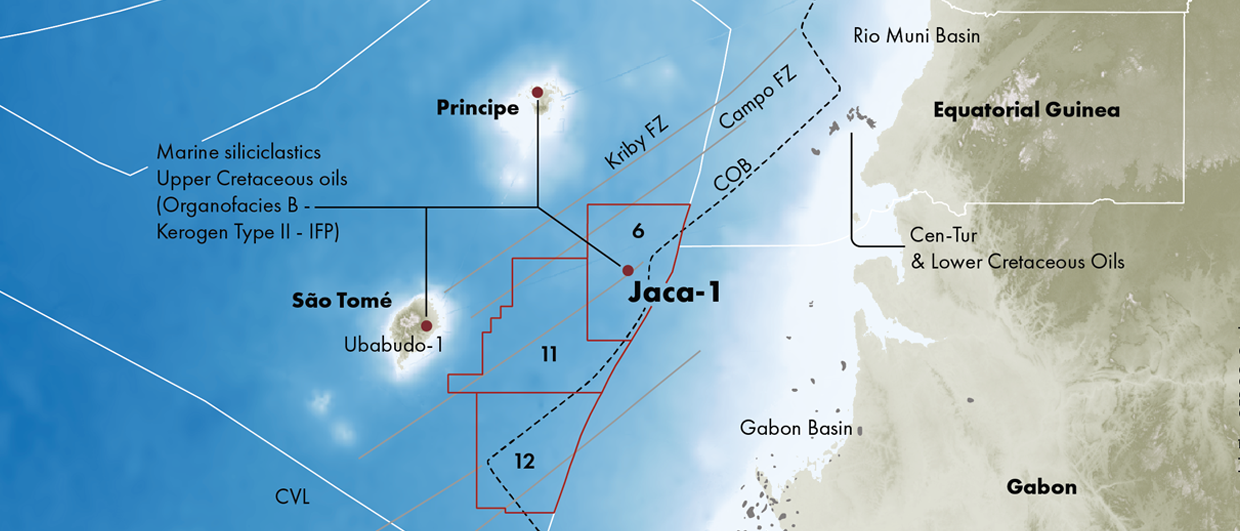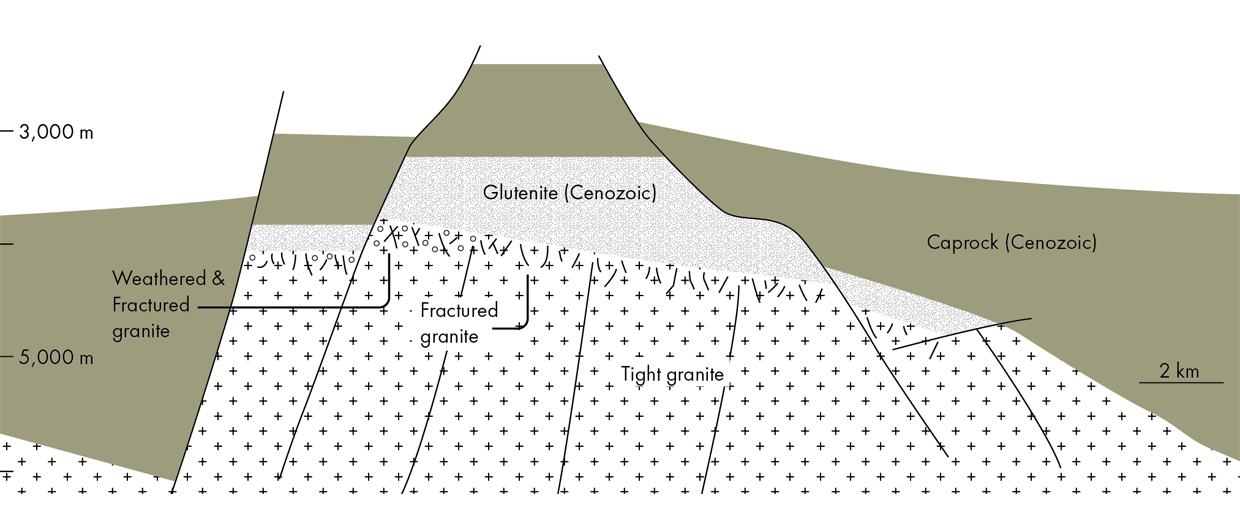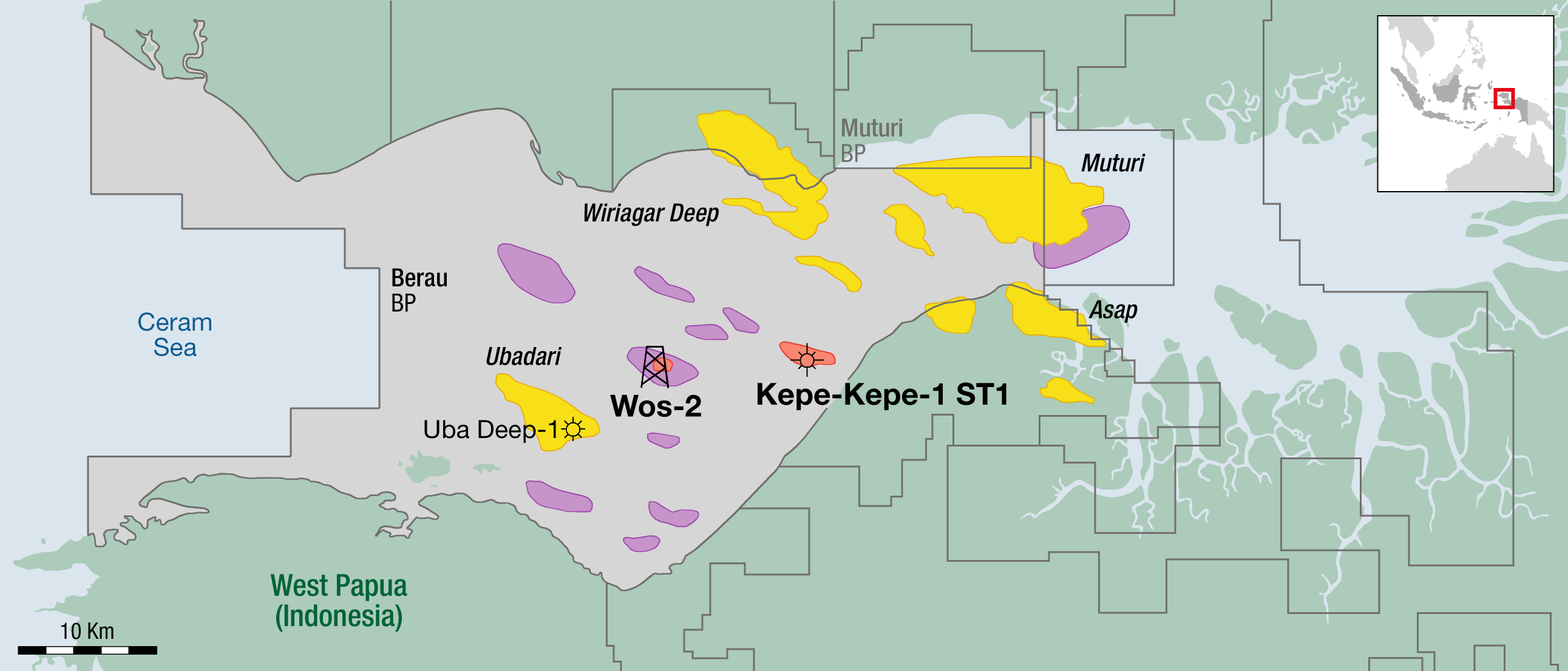The recently imposed windfall tax by the UK Government has made many oil and gas players decide to postpone, cancel or reroute investments elsewhere. For instance, Total UK announced that it would cut £100 m of spending on new wells in the area and Shell is weighing up UK investment plans too. And it is not only the big players with international portfolios having made that decision. Serica Energy stated that it will look for overseas opportunities if the situation does not improve.
This week, EnergyVoice also reported that Apache North Sea cancelled a rig contract for the UK business, citing the newly imposed windfall tax as the main driver for the decision. Similarly, Harbour Energy recently announced that it would not participate in the 33rd Licensing Round, making a stand against the increased financial intake of the UK government following record-high profits.
In short, there is little doubt that the windfall tax has a detrimental effect on near-term activity in the UK North Sea. But would it be the only factor explaining a drop in exploration drilling? If that were true, one would expect a sudden decline in activity and a drying up of new finds. That is not the case. Instead, activity has been subdued for a number of years already. Also, the 33rd Licensing Round did attract a stronger response from industry than previous rounds.
Stay local
Let us take a look at Harbour and Apache in particular, two important players in the UK North Sea. When looking at recent exploration drilling activity of these companies, there has not been much activity in the first place and the success rates of those wells that were drilled have not been high either. The wells drilled were all located in their core areas too. It paints a picture of companies with a strategy that is focused on producing most from existing assets without too much of an interest to look beyond the licence boundaries. In that sense, the windfall tax is unlikely to have caused a major shift in strategy, because the strategy to go out there and grow the portfolio through the drill bit was probably never a prominent one to start with.
This is not to say that it’s a bad strategy. As EnergyVoice reports today, for Apache the North Sea business is still “by far the most profitable in its portfolio, generating pre-tax margins of $68 per barrel of oil equivalent (boe) last quarter – trumping results in both Egypt ($48) and the US ($31).”
Below is a short summary of recent exploration drilling activity of Harbour and Apache.
J-area
Harbour, being the amalgamation of companies Chrysaor, Premier and ConocoPhillips, is the biggest player in terms of production on the UK Continental Shelf. However, being a big player does not equate to being bold when it comes to exploration drilling. All exploration wells since 2018 were drilled in the mature J area, being either step-outs from existing platforms (Jade South) or near-infrastructure targets (Dunnottar). The fact that Harbour decided to drill yet another appraisal well on the very old and relatively small Talbot (stranded) discovery is – in a way – enough to know that the company is prioritising developing smaller near-field volumes that carry lower risk than drilling exploration wells further afield.
Against that backdrop, which already shows that exploration is not very much part of the business strategy, is it a surprise that Harbour did not decide to participate in the 33rd Round? Maybe not so much anymore. The company, with a strong focus on short-term shareholder value, may not be too interested in risky exploration drilling to start with. On the other hand, it could also be a sign that those people with a proper regional understanding in the company know that in fact there is not so much left to explore for.
Bacchus
Apache North Sea is known to be an active driller in the North Sea, especially when it comes to development wells on existing assets such as Forties and Beryl. The American company has had success tying back near-infrastructure discoveries to their core assets, such as Garten near Beryl and Aviat near Forties.
But again, looking at more recent exploration drilling, Apache has not had the success it must have hoped for. Near Forties, a new Bacchus compartment turned out dry and the well targeting the nearby Bacchus East prospect has also been decommissioned. Please note that we are pushing the limits of what can be called exploration here, as Bacchus is already an existing field. In the Beryl area, Apache most recently drilled some of the injectite prospects near the boundary with Norwegian waters. Not much news has been released since the completion of these wells, which is most likely indicative of limited economic value in these Eocene sands.
On top of all this, it also needs to be mentioned that both Apache and Harbour did not drill a single exploration well in 2022.
In conclusion, whilst at first glance it may look as if exploration activity will take a serious hit after the announcement of the windfall tax, the reality is that some companies may never have had the drive to explore much beyond their core areas anyway.





